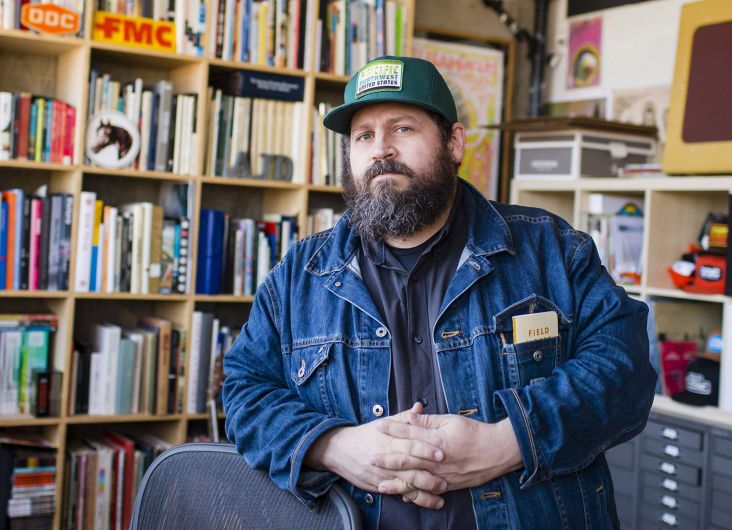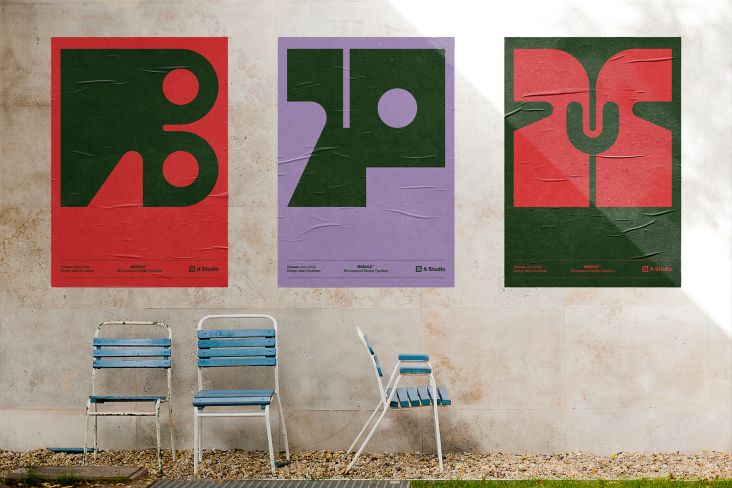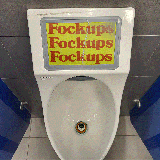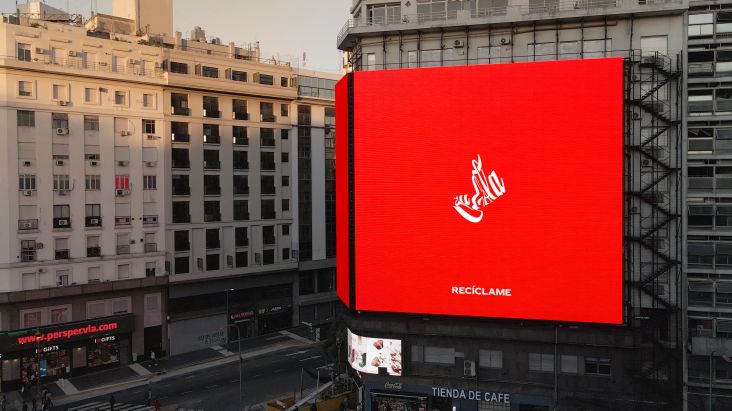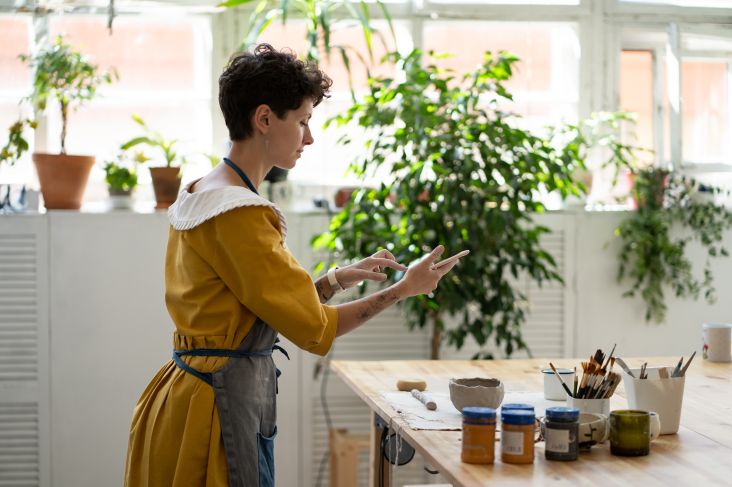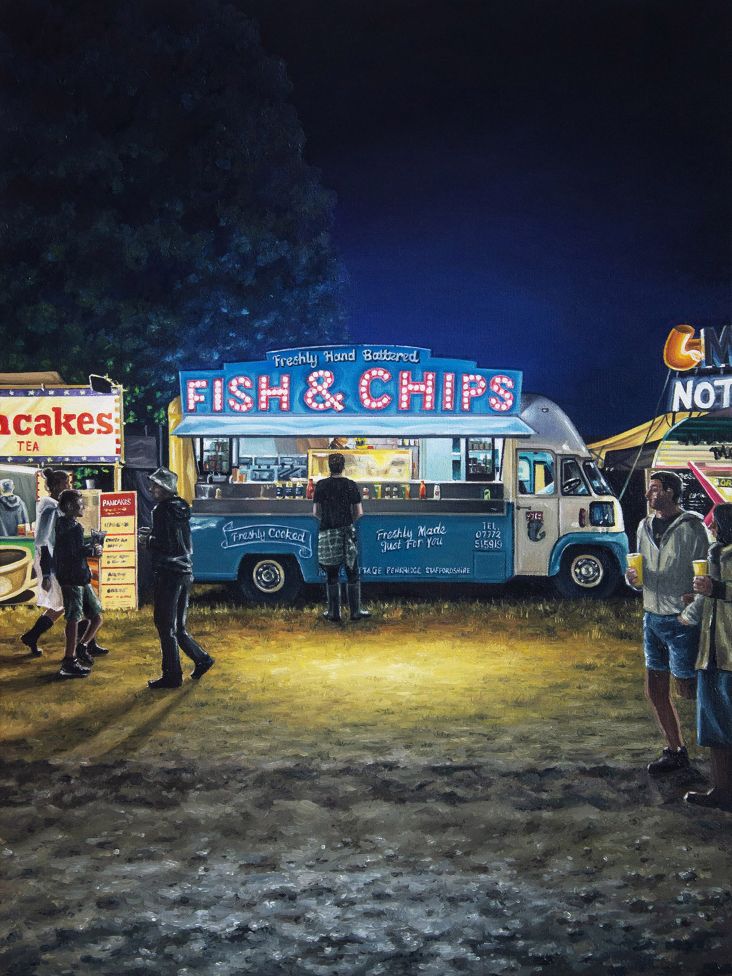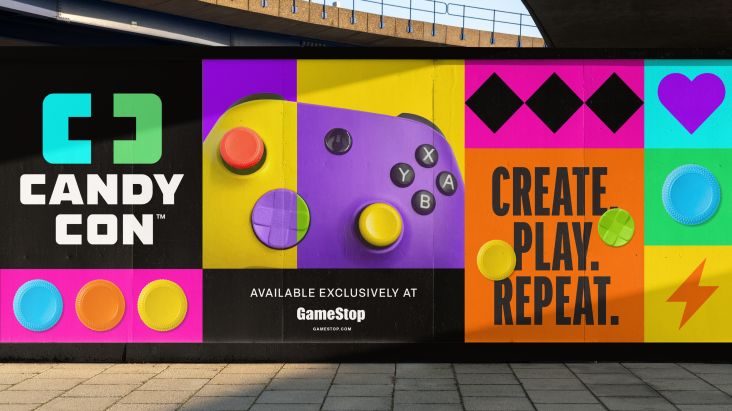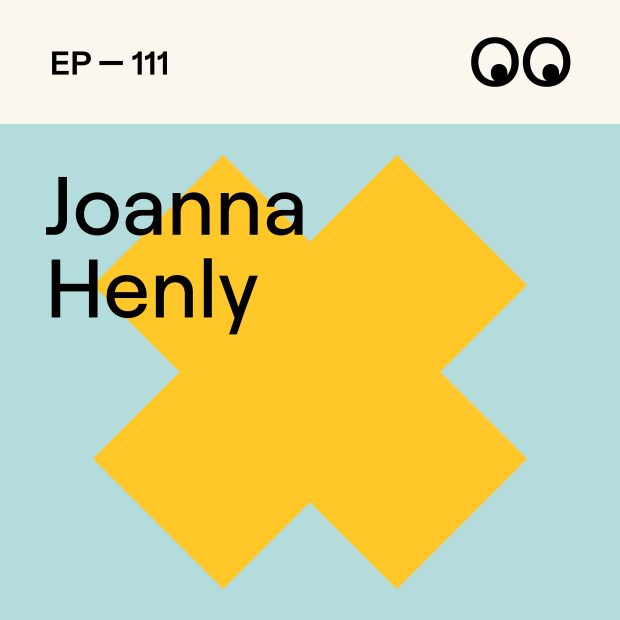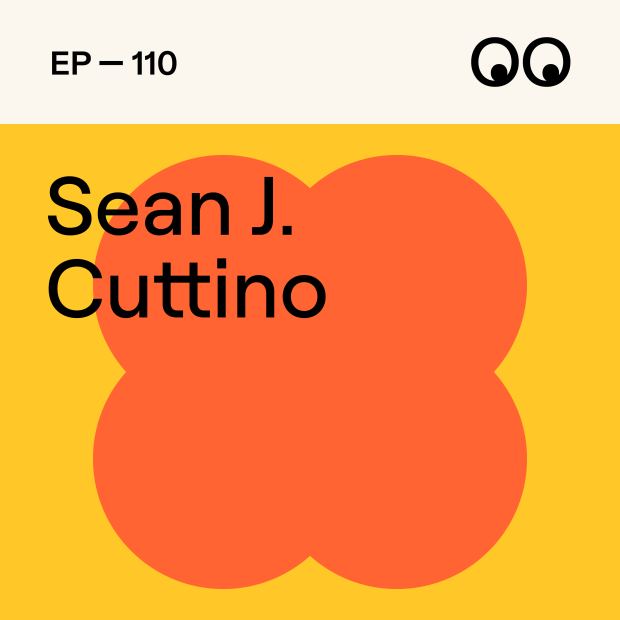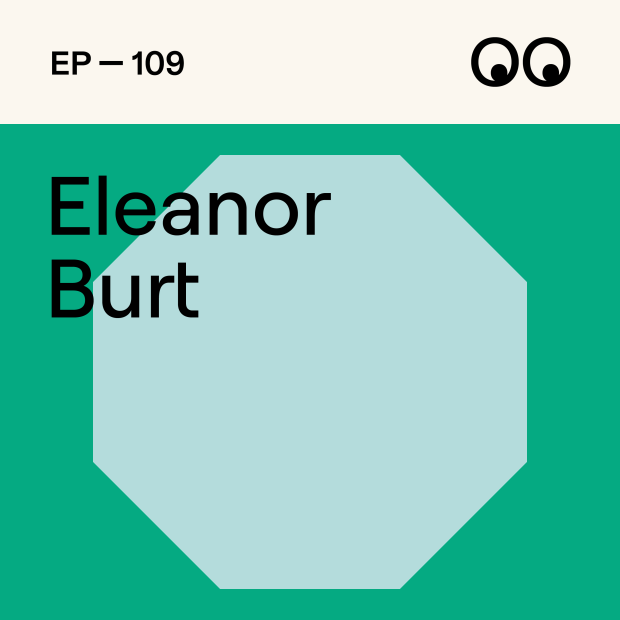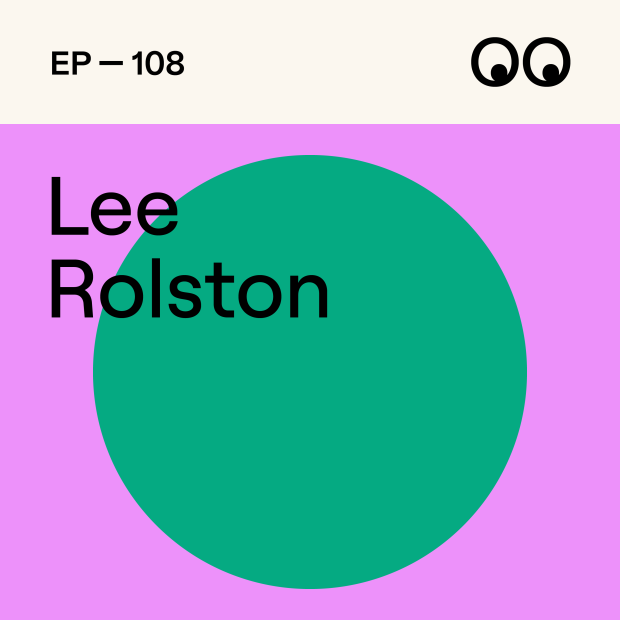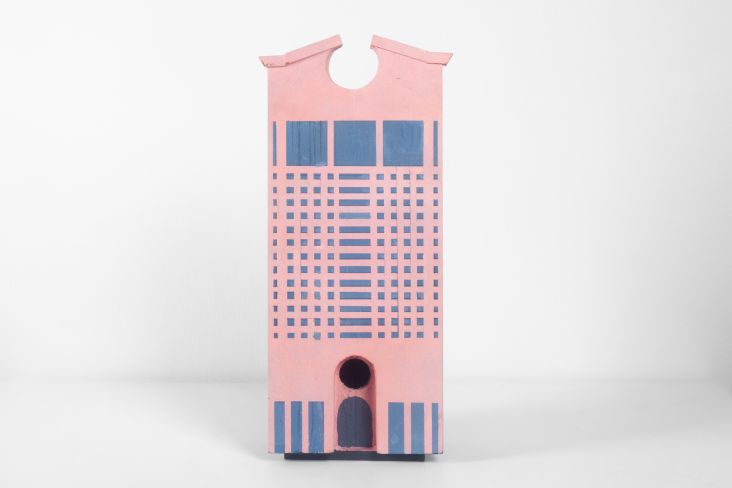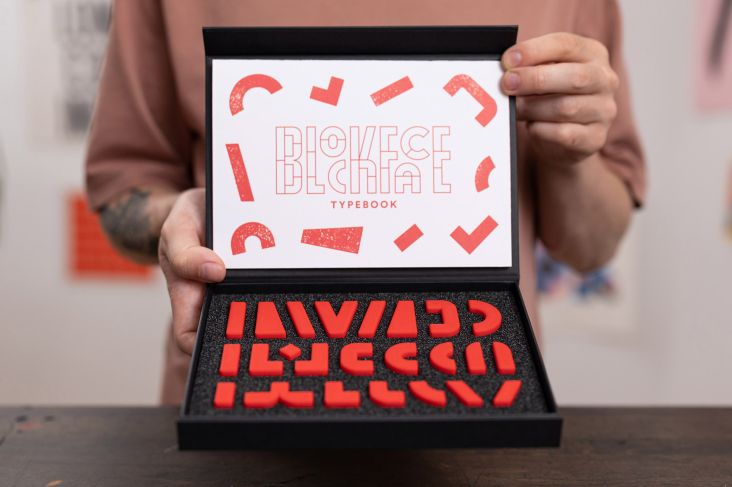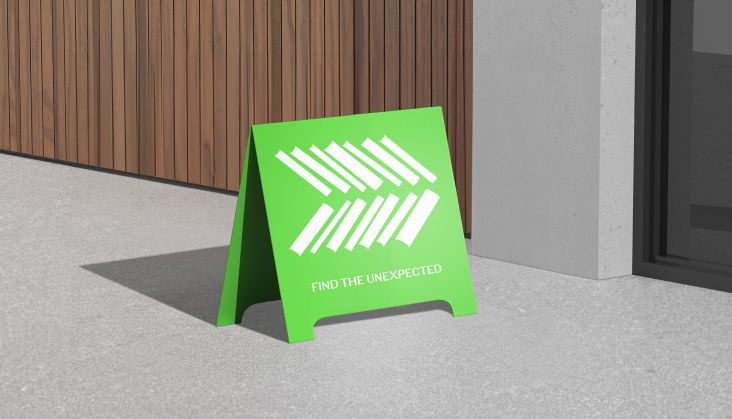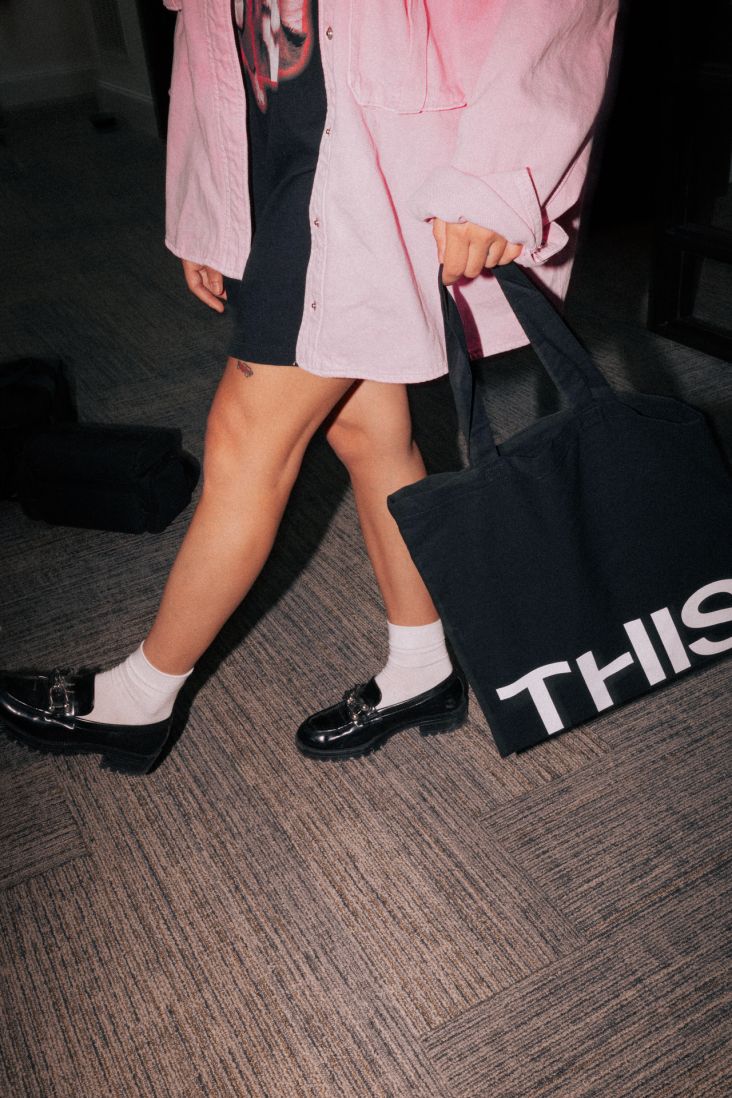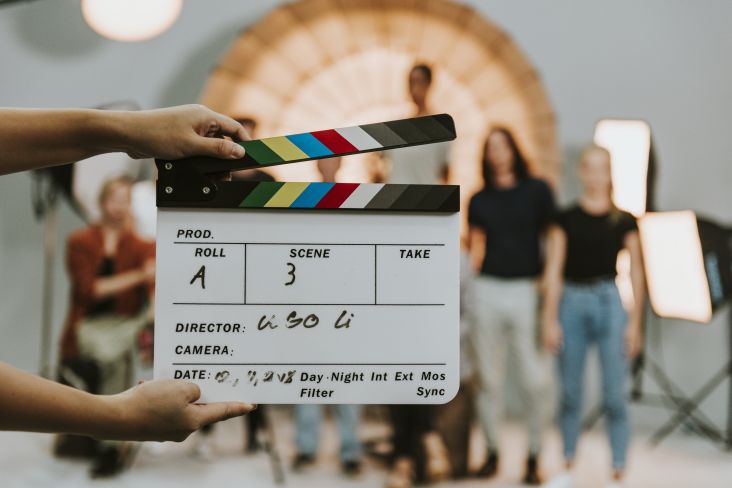8 things I wish I'd known before breaking into the creative industry
Learn from the mistakes of others, and it might save you years of frustration and poor direction. We gather the best advice from creatives that they wish someone else had shared back in the day.

Image licensed via Adobe Stock
"If I'd known then, what I know now..." It's a common refrain from older people, full of regret for the mistakes they've made, the opportunities they've failed to capitalise on, and the wrong paths they've gone down. But if you're at the start of your creative career, you can avoid all that!
Yes, we're here to reveal the best advice from seasoned creatives based on their own experience. By following said advice, you'll be standing on the shoulders of giants and will get a leap ahead in finding the right creative path for you.
This way, it'll take less time to reach the stage when you're doing the kind of work you love and getting the right money for it, too. We won't sugar-coat it: you're still probably going to struggle a bit, possibly for some years. But if you take the suggestions below to heart, we're certain you'll get there in the end.
Please note that these tips have been gathered from our followers on Twitter (sorry, we're still not ready to call it X!). For further inspiration, you can read the full thread here.
1. You'll probably get screwed on pay, so be prepared to push back
When you look back on the early days of your career, one of the most maddening things is feeling that you were taken advantage of. Quite simply, if you're fresh and green, people may well take advantage of you. For example, if you're freelance, clients will want to pay you peanuts. And employers will try to start you on the lowest possible salary that minimum wage legislation allows.
In retrospect, then, many long-term creatives regret not doing more to fight for pay, back at the start. "Thinking back to my journalism days, I wish I had pushed back on rates and fees," says career and business coach Jenny Holliday. "I always accepted what I was offered. I think starting a career with a mindset where you are prepared to say, 'I would like to negotiate,' is a strong stance. I wish I had! And I do it more now."
In all honesty, though, that's pretty difficult to do when you're starting out, as you're weighing this up with actually winning work and getting the experience. So it's a balance everyone has to strike for themselves on a case-by-case basis.
Basically, you have to get to a stage where you're confident you're producing good work that clients or your employer likes. Then, if you're a freelancer, start upping your rates, and you may be surprised how quickly people agree to them. (In many ways, a higher rate makes people think your work has more value, so it's a win-win).
If they don't, be prepared to walk away, and you may well find them running after you when they realise their bluff has failed. "Or," Jenny suggests, "you could say to the client that you'll go for that at the start but with a 'pay review' in six months or a year."
Meanwhile, if you're in your first job, a good time to start looking for your second job is around six months in. Make sure you get a salary bump, and if you enjoyed working at your first employer, consider asking for a promotion and a raise to come back. This is typically a much easier way to get more money from them than staying and being loyal: sad but true!
2. You'll be expected to work for free, but you don't have to
Low pay is one thing. But at the start of your career, people will frequently offer you no pay at all, besides a vague promise of more work in future "if this goes well" or just the idea that you'll get "exposure" that will boost your career in the long run.
This is the biggest bane of freelancers, new and old, and even gets tried on successful creatives with years of earning big bucks. So, it should be treated with extreme caution.
"More often than not, there's zero value in exposure," says Greg Findley of design agency Mantra. "In my case, I did far too much for free under the illusion that it would be good in the long term."
Another way people get you to work for free is by insisting on unpaid overtime. Of course, there's nothing wrong with staying a couple of hours late on occasion when a big deadline is looming, and it's all hands on deck. That can actually be a great way to bond with your colleagues, especially if the boss gets in free booze and food and mucks in themselves. But if it's mainly just you, and it's more than once in a blue moon, then don't just sit back and take it.
As animator and illustrator Rosie Phillpot puts it: "Frequent unpaid overtime doesn't happen everywhere. It's not necessary to advance your career. Say no to the free pizza and leave on time.
"It is almost always poor organisation and overpromising to the client. Funnily enough, the people who say yes to the deadline normally leave on time. As a junior with no experience, it's so easy to get sucked in and taken advantage of."
"I will second this," says designer and artist Damian Kidd. "I've always made an effort to leave on time. If you are required to do overtime, there could be underlying problems with process and planning at your workplace. This is not your fault, so do not feel pressured into working extra. A key learning point is to learn to say no. When you do, things start to happen differently."
3. It's not really about the money
While it's important not to be exploited as a creative, that doesn't mean you should be purely focused on money. In other soul-crushing careers, you can see why people take that attitude. Basically, they want to earn as much as possible because they want to retire as early as possible because they hate their lives so much.
Thankfully, you shouldn't have that problem. Typically, we creatives love our jobs, which allow us to express ourselves, make cool stuff and enjoy an overall sense of fulfilment. So, while you need enough money to pay rent and bills, it otherwise should be too much of a concern.
Yes, sometimes you can feel awkward when your peers are comparing salaries. But as Sally, director at Saltoria Marketing says, "'Success' is whatever you make it! You might value time over money, so work four days a week and earn slightly less. You might want a work/life balance, so create a world that gives you that.
"I think society drives a certain 'success narrative', especially with careers and business," she continues. "But in reality, it's what you choose and ultimately what makes you happy and feel fulfilled. This is different for us all!
"Personally, I enjoy a job that doesn't constantly stress me out, and that gives me freedom and flexibility and helps me pay the bills. That's my 'success', and that's probably very different from others. And that's okay!"
Plus, even if your job isn't paying quite enough, there are often other ways you can top up your bank account. "Something I wish I started thinking about earlier in my freelance career was multiple income streams," says artist and designer Mark Leary. "Just because I'm getting commissioned for cover art doesn't mean I shouldn't also have a print shop and sell stock illustrations. I also do design and photography, and now I lecture too."
4. Being nice will get you a long way
At the start of your career, it can be tempting to obsess over how great other people's work is and compare it unfavourably to your own. But that would be a mistake.
Firstly, because you're not comparing like with like: you only ever see people's best work online, and it's often really the work of a team rather than a single person. And secondly, because, actually, the quality of your work isn't necessarily what will get you money and success. Equally important, if not more so, is what you're like as a person.
As photographer Alex Micu puts it: "Being nice will get you further than being a genius. There is such thing as too many references and looking at too much creative work."
In other words, successful self-promotion isn't just about sharing content on social media and getting tons of likes. It's not even about winning awards and big contracts. The bulk of it lies in the small, day-to-day interactions you have with all the people around you in the creative industries, even if that's just asking them, "Where's the lift?"
As illustrator Edele Watters puts it: "Everything you do sews seeds. It can sometimes feel like you aren't progressing if you can't see the results of your work right away. But it's worth remembering that connecting with others and learning new things will lead to an amazing 'harvest' long term across your career."
5. Academic study won't get you far by itself
I'd encourage everyone to go to university if you can. It's a great experience that you'll never forget. You'll learn a lot about both your subject and life in general. And there are unexpected benefits: for example, I'd never have been able to take a few years off to teach in Japan without a degree.
Having said that, it's also increasingly expensive, and it's three years spent when you could be in the workplace. So, if you have a passion you can't wait to pursue, don't feel pressured into going to university just because "everyone else does". (Spoiler alert: they don't).
As freelance designer Sophie O'Connor explains: "You don't need to go to university to be a creative. Hands-on experience is just as valuable, if not more so. But if you do, internships after university should always be paid. Graduates shouldn't work for free."
6. Being honest about your mistakes will help, not hinder you
When you start as a creative, a certain amount of bluffing is inevitable: the phrase "fake it till you make it" encapsulates that nicely. But that doesn't mean you can't make mistakes.
When you do, it might feel like the world will collapse around you. But photographer and graphic designer Mike Hindle assures you that it won't.
"If you're not making mistakes, then you're not doing it right," he explains. "How you deal with them is everything. Always be open and honest with the client. In fact, some of my best clients are a result of this. They respect your honesty and explanation of how you're going to fix the situation."
7. Connecting with other creatives will lift you up further
In some professions, it really is dog-eat-dog. Share a confidence, express weakness or let slip a secret and devious people will use it to their advantage and steal that promotion from under you. But while that may occasionally happen within the creative industries, in our experience, it's pretty rare. Basically, people are pretty nice, so it's wise to harness this to your advantage.
Rather than struggling by yourself, then, do everything you can to connect with fellow creatives. And you'll find that the saying "A rising tide lifts all boats" really does apply.
"It's hard alone," says artist Jamie Holman. "So find people who complement your skill set and ambitions, and collaborate and support each other. We're stronger together."
That advice is echoed by Tom Rouse, creative director at Pitch London. "It's so easy as a junior creative to feel that it's all on you," he says. "But you don't have to work alone, even if you're the only creative in a business or freelancing. Find meetups, meet peers from other businesses, and recruit others internally to share the creative burden.
8. Your work is important
Finally, one thing we don't often recognise early in our career is that what we're doing with our lives is pretty significant. Okay, we're not doing the kind of job people clap for, like a nurse or doctor. But design and creativity are nonetheless important to our society, helping it function (in areas like apps and wayfinding) and lifting and inspiring us (in areas like the visual arts). And if you can find a way to create the things you love, it will motivate you to get up in the morning and go out and create, even on the crappiest, drizzle-filled days.
As graphic designer Quang Nguyen says: "Know the impact of your work. If it has no impact, it's not worth doing. Focus on work that resonates with you and your audience. The rest will follow." That might take some stamina, but it'll be worth it in the end. "Stay the course," stresses film director and screenwriter Miles Watts. "Plan years ahead. Learn your strengths and how to lean into them. And hang in there!"
"Follow that feeling of excitement and positive energy," adds creative director Tom Berry . "Don't get disheartened. Advice that is hard to hear can sometimes make you better. Many creatives want to help people coming up, so reach out and ask. Keep going!"
